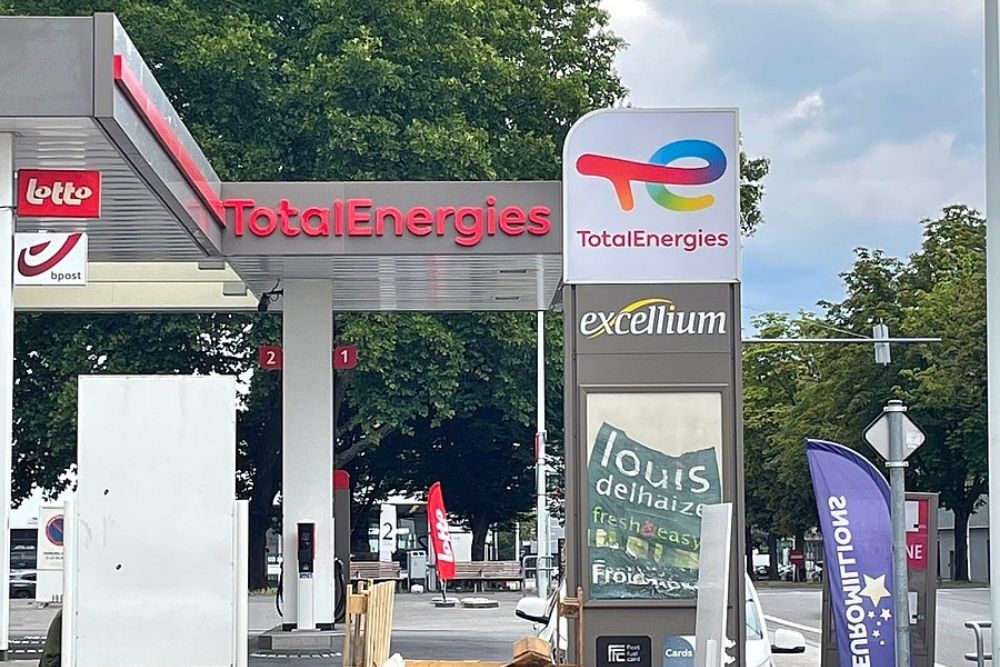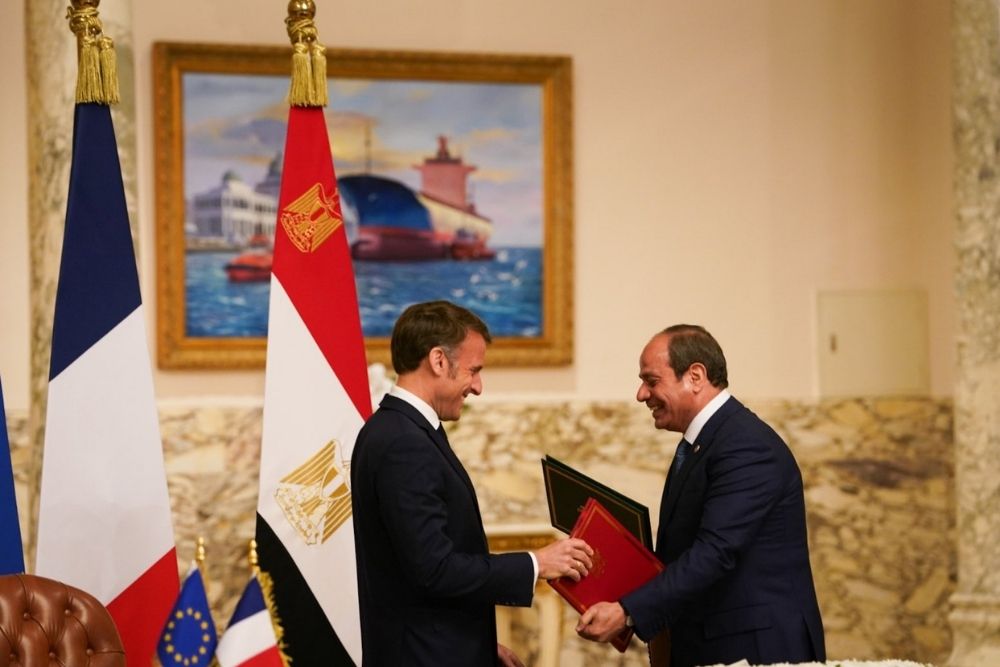China cuts one-year benchmark lending rate by 10 basis points
- August 21, 2023
- Posted by: Quatro Strategies
- Categories: Business & Politics, China, Sanctions & Regulation
China’s central bank, the People’s Bank of China (PBOC), has reduced its one-year benchmark lending rate by 10 basis points to 3.45% as part of efforts to stimulate credit demand. However, in a surprise move, the PBOC decided to keep the five-year lending rate unchanged at 4.20%. This decision comes against a backdrop of concerns about the rapid weakening of China’s currency, the yuan.
China’s economy, the world’s second-largest, has been experiencing a slowdown due to a slump in the property market, weak consumer spending, and declining credit growth. These factors have prompted calls for additional policy stimulus to support economic recovery.
While the PBOC aims to boost economic activity, it faces challenges stemming from the weakening yuan. A further expansion of China’s yield differentials compared to other major economies could lead to capital flight and a sell-off of the yuan, limiting the central bank’s ability to ease monetary policy more aggressively.
The one-year loan prime rate (LPR) cut is expected to impact new and outstanding loans, while the unchanged five-year rate will influence mortgage pricing. Most analysts had anticipated rate cuts for both terms, with expectations of a larger cut for the one-year rate.
China’s currency, the yuan, has faced significant depreciation against the dollar this year, falling nearly 6%. This decline has positioned the yuan as one of the worst-performing Asian currencies.
Last week, the PBOC unexpectedly lowered its medium-term policy rate, and it has pledged to maintain ample liquidity and precise and forceful policies to support economic recovery in the face of increasing headwinds. However, the decision to leave the five-year lending rate unchanged has surprised traders and analysts, leading some to question the effectiveness of policy guidance and the tools available to stimulate the economy, particularly in the property sector.
The PBOC has also indicated its intention to optimize credit policies for the property sector and coordinate financial support to address local government debt issues. This suggests that China’s central bank is looking to balance the need for economic stimulus with concerns about financial stability and currency depreciation.
Interested in learning more?
Sign up for Top Insights Today

Top Insights Today delivers the latest insights straight to your inbox.
You will get daily industry insights on
Oil & Gas, Rare Earths & Commodities, Mining & Metals, EVs & Battery Technology, ESG & Renewable Energy, AI & Semiconductors, Aerospace & Defense, Sanctions & Regulation, Business & Politics.



